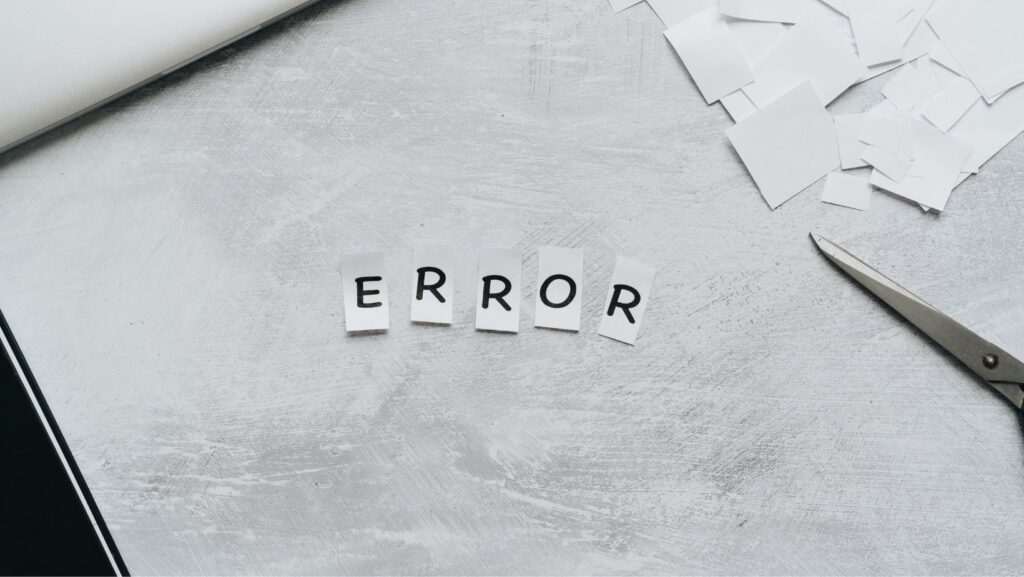It’s no secret that businesses are targets for data theft. Every day, there are reports in the news of companies that have had their confidential information stolen by cybercriminals. When safeguarding sensitive data, firms should be aware of their most common mistakes. Here are the most common errors firms make when trying to protect their confidential information.
Improper Destruction of Private Records
One typical mistake firms make is not properly disposing of confidential information. When personal information is no longer needed, it is important to shred or destroy it so that it cannot be accessed by anyone who should not have it. Many businesses make the mistake of throwing away confidential documents in the trash, where they can easily be retrieved and read by anyone. Shredding services are a great way to ensure that confidential information is properly destroyed and disposed of.
Data Encryption
Data encryption is a process that scrambles information so that someone with the proper decryption key can only read it. Encrypting is essential because even if confidential information falls into the wrong hands, it will be unreadable and unusable without the key.
No Data Backups
Data backups are essential because they provide a copy of the information that can be used to restore files if they are lost or corrupted. Backing up files is especially important for confidential information because it ensures that a copy will always be available if something happens to the original file.
Weak Passwords
The most common mistake of all is using weak passwords. A password should be at least eight characters long and include a mix of letters, numbers, and symbols. It is also essential to avoid using easily guessed words like “password” or easily accessible personal information like your birthdate.
Not Adequately Training Employees
Additionally, businesses often mistake not adequately train employees on data security. All employees need to be aware of the importance of confidential information and how to protect it. They should know what type of information is considered confidential and how to handle it if they come across it. Restricting access to personal information is another way to protect it, and it means limiting access to the information and ensuring that only those who need it have access.
Throwing Away Storage Devices Without Destroying Them
Many companies rely on computers, laptops, USB drives, and other storage devices to store confidential information. However, when these devices are no longer needed, they are often simply thrown away without properly destroying them. This can lead to confidential information on the devices being accessed by anyone who finds them. The best way to protect data on storage devices is to physically destroy the device by using a hard drive destruction service so the data cannot be retrieved.
Misusing Corporate Computers
Businesses sometimes misuse corporate computers by not having proper security measures in place. Computers should be closely supervised and have up-to-date security software to protect against malware and viruses. Make sure only authorized users can access secure information.
No File Recovery Plan
Finally, one last standard mistake firms make is not having a plan for what to do in the event of a data breach. If confidential information is stolen, it is vital to have a plan to know how to respond. The recovery plan should include notifying affected individuals and taking measures to prevent future breaches.
By being aware of these common mistakes, your business can take steps to protect its confidential information. Implementing proper security measures can help ensure your data is safe and secure.
Contact Desert Document Shredders if you need assistance with shredding personal documents. We can help you properly dispose of sensitive information so that it cannot be accessed by anyone who should not have it.


